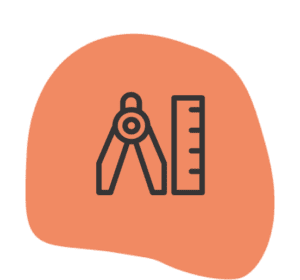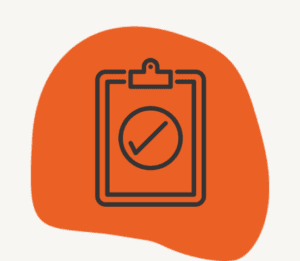As we navigate creating a future for the events industry that aligns with Net Zero, it’s integral that we come together to share our focuses, challenges and wins, so that we can learn from each other, to accelerate progress.
With this in mind, we recently launched our Show & Tell sessions for isla members, which will be taking place every other month. In each of these short, virtual meetings, an isla member will take the floor to share an example of how their organisation has been implementing effective event sustainability practices.
In the first of these Show & Tell sessions, we were joined by Anastasia Le, Sustainability Lead at Marble, who shared how Marble’s use of supplier questionnaires are helping them build supply chains that meet sustainability standards and enrich their reporting with quality data.
Using questionnaires to understand your supply chain
By asking your suppliers key questions, you can easily determine whether their practices align with your organisation’s own sustainability goals. For example, you can ask caterers whether their food and drink options are fair trade, organic, free-range, or locally produced. You could also ask your production suppliers where their materials are sourced. For more ideas, Marble’s supplier questionnaire template contains example questions for a variety of supplier types and venues.
Helpful tips & key takeaways
Where to start
You may have hundreds of suppliers in your contact list, but don’t feel like you need to reach out to them all at once. Work out a priority list – you could either start with the suppliers that you work with the most, the suppliers that the highest proportion of your budget is spent with, or the suppliers that you’re going to be using for an upcoming event.
Tailor your questions
Not every question will be relevant to every supplier, so you’ll need to create different versions of your questionnaire, depending on who you’re talking to (catering, venues, production, florists etc) and who you work with on a regular basis.
Automate
To help limit the amount of time you spend sending questionnaires and follow-ups, using a tool like Mixmax can help by giving you the ability to create email templates and schedule follow-up emails.
Keep the team updated
To ensure you’re booking the suppliers who most align with your sustainability goals, be sure to let the rest of the team know who they are by sending them a regularly updated list.
Ensure accountability
During the Show & Tell, Anastasia referenced how ‘when everyone is responsible, no one is responsible,’ which essentially means that when there are too many people working on the same project, it’s less likely that someone will take accountability to ensure the work is done. Therefore, it is a good idea to hand the responsibility to one team member, whose job it will be to audit the supply chain.
Less is more
We’re all busy and by giving your suppliers as little work to do as possible, you’ll increase the chances of them responding to your questionnaire. Be sure to use a form builder, rather than a spreadsheet and make each question as simple as possible.
Ask questions that are relevant to your objectives
When crafting your questionnaire, focus on asking the questions that will help you run a sustainable event – whatever that means to you right now. For example, if you’re focused on carbon tracking, ask the questions that are going to allow you to be able to measure your event’s carbon emissions effectively.
A recording of Marble’s Show and Tell session is available for isla members along with a resource pack. Show & Tell sessions occur bi-monthtly and are an opportunity for isla members to showcase their sustainability efforts, successes and challenges to the wider member community. For the full list of benefits of becoming an isla member, visit our membership page.
Our latest news













